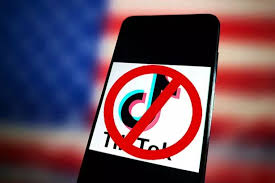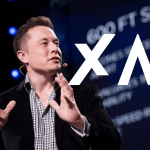The Chinese government is reportedly exploring the option of selling TikTok’s U.S. operations to billionaire Elon Musk if the U.S. Supreme Court upholds a law banning the app. The court is set to deliver its ruling on January 19.
According to Bloomberg, Beijing officials prefer TikTok to remain under its parent company, ByteDance Ltd., which has been appealing the impending ban. However, signals from the Supreme Court during January 10 arguments suggest the justices are likely to uphold the law. This has led Chinese officials to begin contingency discussions, including a potential sale to Musk, who is a prominent supporter of President-elect Donald Trump’s administration.
If Musk acquires TikTok U.S. through his company X, the platform’s 170 million American users and billions in potential ad revenue could be integrated into Musk’s growing tech empire.
The law requiring ByteDance to sell TikTok or face a ban was signed by President Joe Biden last year over national security concerns. ByteDance argues that the legislation violates First Amendment protections and has requested to delay its enforcement. If the ban takes effect on January 19, TikTok will no longer be available for download on Apple and Google app stores. While current users can still access the app, the lack of support services would render it unusable over time.
President-elect Donald Trump, set to take office on January 20, has shown interest in resolving the TikTok issue politically. In late December, he urged the court to delay the January 19 deadline to allow his administration to explore alternative solutions.
The Bloomberg report also highlights uncertainty over ByteDance and TikTok’s awareness of China’s discussions about a Musk-led acquisition. This could raise questions about China’s influence over TikTok, which has been a focal point of U.S. national security concerns.
If Elon Musk acquires TikTok’s U.S. operations, it could reshape the digital landscape by merging TikTok’s user base and content model with Musk’s broader technology ventures. However, the development could also reignite debates about foreign influence, platform control, and data privacy










